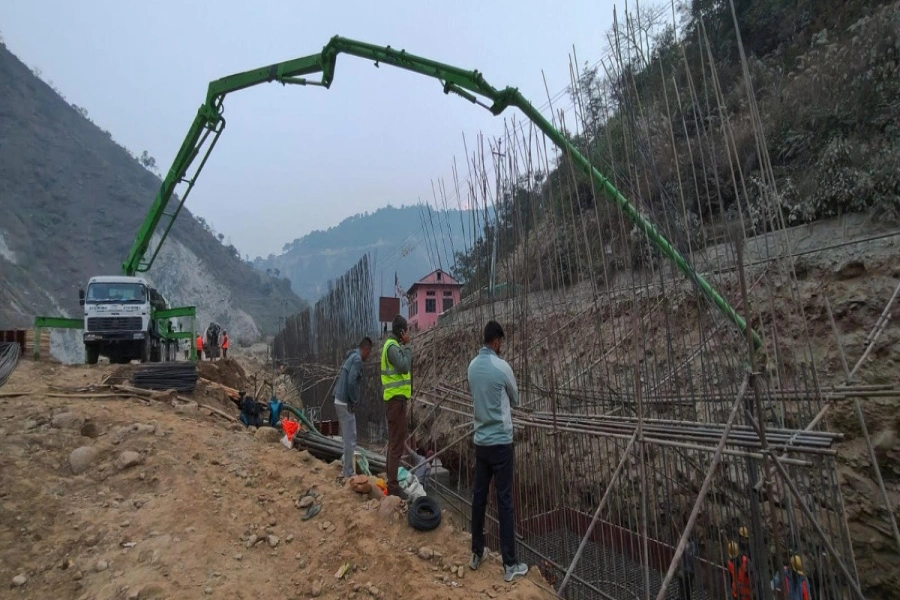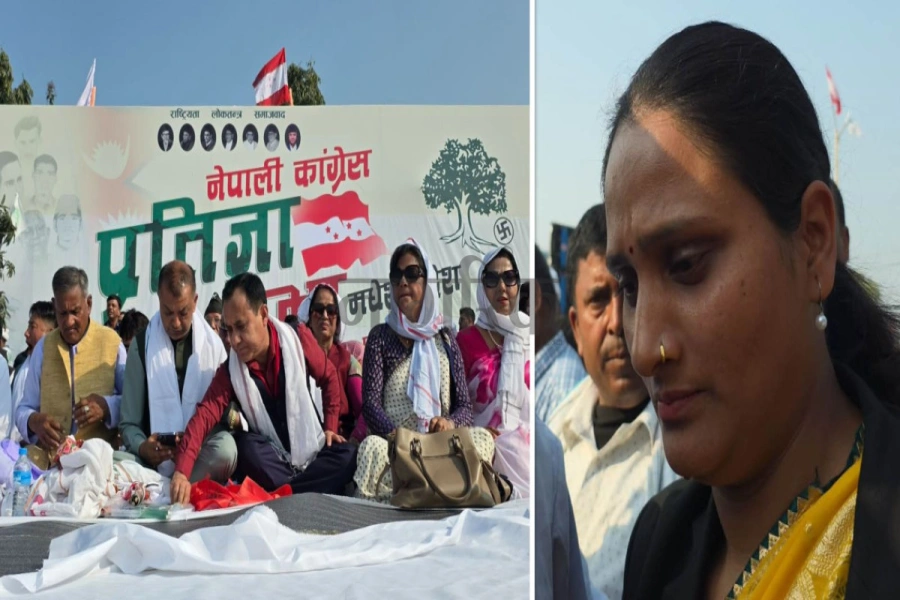More people in Nepal must participate in the analysis of caste and gender as constructs from as many perspectives as each individual can adopt.
Since gender-and caste-based discrimination is prevalent in Nepal, identity-related movements to counter such discriminatory systems of oppression must lead to a promising end here. But what considerations should the identity-related movements [for example, feminist and Dalit movements] make while taking caste and gender as categories of analysis?
This article gives a philosophical response to that question. Perhaps the most important aspect of identity movements is the demand for recognition that it entails. This recognition might be thought of as a consciousness on the part of the powerful of a common humanity with the oppressed. Such recognition is achieved via a common transcendence of the oppressive system, such as the caste system, and an encounter of one another as basic human beings beyond that system. But how is this transcendence to be achieved? In the pursuit of this idealistic concern for recognition, one practical question that arises is what is the difference between a demand for recognition and a demand for attention? This is not an easy difference to establish. But it is a simple enough truth that attention is both easy to get and easy to give, and not that meaningful for any identity movement.
Talent show of differently abled in September

The problem seems to be that a struggle for recognition can so easily devolve into a superficial process of attention seeking. Hence, the very idea of recognition has to be supplemented or supported somehow in order that it leads to something more meaningful than attention. Contemporary identity movements in Nepal, whether it be for caste empowerment or women empowerment, show a significant richness and versatility in addressing the problems of discrimination.
For example, one can look at the activity of various NGOs in rural communities to see that one NGO might approach the problem of gender discrimination by looking at family dynamics, whereas another might approach it by thinking of primary education deficiency. In both cases, how gender is defined and constructed also differs. This shows that the category of gender is itself very ‘permeable’ or receptive to analysis.
When the analyses related to overcoming gender and caste discrimination come from even more sources and are inspired by even more instances of real-world, societal interactions, then gender and caste as analytical categories will be seen as being extremely permeable. Finally and ideally, when the analysis of gender and caste comes from infinitely many sources and perspectives, such categories will be seen as completely empty.
I think once caste and gender are seen societally as empty concepts, the grounds for the recognition of a common humanity between two people is reached. When these categories are seen as empty, they are seen as being easily malleable and hence unreliable for interactions with other people. Due to their emptiness, their use is seen as having been encouraged by various sources of power rather than by a reaction to any natural essence in certain human beings.
My insight is that it is in the practice of addressing caste and gender in analysis that we find these categories affirmed as permeable to the point of emptiness. Hence, more people in Nepal must participate in the analysis of caste and gender as constructs, and that too from as many perspectives as each individual can adopt.
It should be a constant and regular practice among individuals, embodying at least a tendency towards repeatedly traversing these categories ad infinitum, to concretely demonstrate their emptiness, even if that infinite traversal cannot actually be realized.
sagu.bt@gmail.com







































